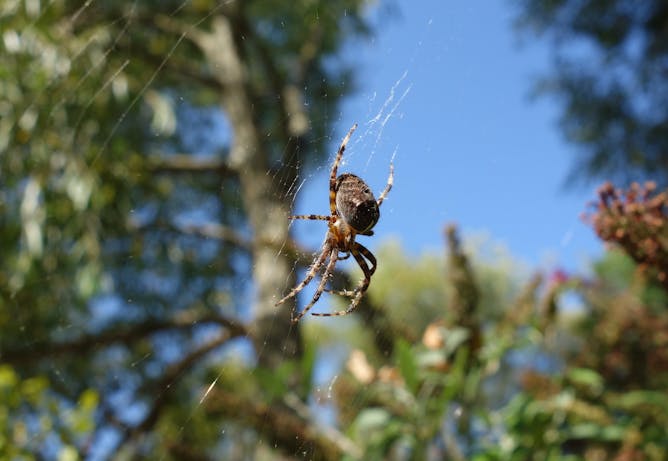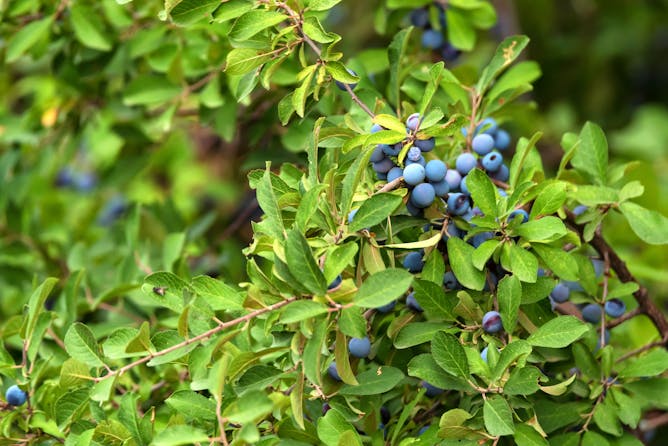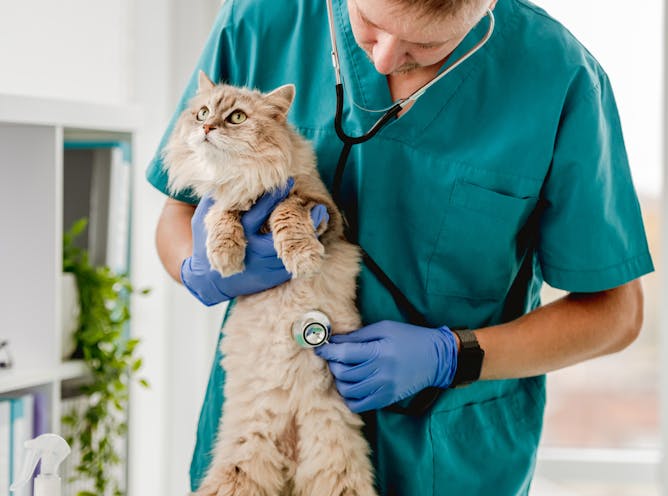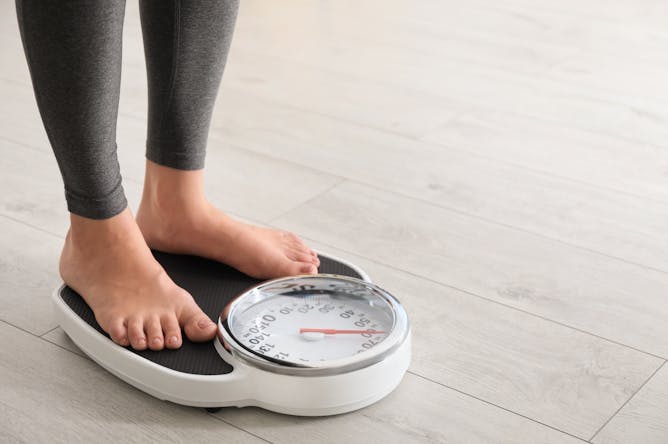|
|
|
|
I made the generous decision earlier in the week to avoid disturbing the spider building a web across my living room window. I thought I should just attempt to co-exist peacefully with my arachnid houseguest and admire the majesty of nature as it unfurled across my threshold. What a foolish mistake. Now, as the weekend arrives, my uninvited guest has quite taken over. His web is, like, half a metre wide and has spread across the whole windowsill. Worse, it has evolved into a dangling graveyard for apparently every fly in north east London. It’s essentially a net curtain of death.
Why is it that spiders and insects become so rampant in our homes at this time of year? Why so brazen with their construction projects? As the season changes, there are definite shifts in animal behaviour, particularly among the tiniest creatures. Wasps are desperate for sugar and ladybirds are gathering together for safety. This article on their autumnal activities explains it all.
We’re sharing our homes with insects in part because they have fewer places to shelter outside. Britain lost more than half its hedgerows in the 75 years following the second world war as farming industrialised. Now it’s clear that rebuilding them would really help in the fight against climate change. This expert argues that we should be embracing big, prickly hedges — though not literally of course.
We’ve received word of a pretty worrying survey that shows 21 million Americans believe the 2020 election was stolen from Donald Trump. These people think that “use of force” would be a legitimate route to restoring the former president to office and therefore provides important information for anyone hoping the Trump era was over. Read more here.
Also this week, understanding what makes tomorrow’s election in Germany so very complicated, how the British government made the gas price crisis worse and why cats are sick of this pandemic. And don't
forget to listen to the latest episode of The Conversation Weekly podcast on how scientists predictions about climate change are matching reality.
|

|
Laura Hood
Politics Editor, Assistant Editor
|
|

Can spider webs predict the onset of winter? Probably not.
Charlie Goodall/Shutterstock
Elizabeth Duncan, University of Leeds; Thomas Dally, University of Leeds
Insects are changing their behaviour as they prepare for winter.
|

Prickly hedges will help clean our air.
Yakov Oskanov/Shutterstock
Mick Hanley, University of Plymouth
Prickly hedges capture large amounts of carbon dioxide, and are great homes for insects.
|

Some Americans are looking past Joe Biden, seeking the return of Donald Trump as president.
AP Photo/Julio Cortez
Robert A. Pape, University of Chicago
A representative survey of American adults finds broader support for violent insurrection than many would like to think.
|
|
|
-
Alim Baluch, University of Bath
Grand coalitions and fragile alliances have become standard procedure in the Bundestag.
-
Michael Bradshaw, Warwick Business School, University of Warwick
The government can no longer delay decisions on the future of gas in Britain’s energy system.
|
|
|
|

Cats were likely stressed because we interrupted their daily routine.
Tatyana Vyc/ Shutterstock
Lauren Finka, Nottingham Trent University
Cats may actually enjoy the extra peace and quiet as we start leaving the house more.
|

People who lost weight had higher levels of certain beneficial bacteria in their gut.
New Africa/ Shutterstock
Ana Valdes, University of Nottingham; Amrita Vijay, University of Nottingham
We have trillions of microbes in our gut – and each do something different for our body.
|
|
|
-
Tim Luckhurst, Durham University
It took nearly two years for the Royal Navy to tell the story of the heroic voyage of the crippled submarine HMS Triumph.
-
Filipa Henderson Sousa, Edinburgh Napier University; Peter Barlow, Edinburgh Napier University
Molnupiravir is showing promise for treating and controlling the spread of COVID-19.
-
Albert J.R. Heck, Utrecht University
New discovery could help scientists develop more targeted drugs and vaccines.
|
|
| |
Featured events
|

|
— Online - Academia Europaea Cardiff Knowledge Hub, Cardiff University, Cardiff, Cardiff [Caerdydd GB-CRD], CF24 4HQ, United Kingdom of Great Britain and Northern Ireland — Cardiff University
|

|
— The University of Manchester, Oxford Road, Manchester, Manchester, M139PL, United Kingdom of Great Britain and Northern Ireland — University of Manchester
|

|
— Online, Zoom, Cardiff [Caerdydd GB-CRD], CF10 3BA, United Kingdom of Great Britain and Northern Ireland — Cardiff University
|

|
— Online, Southampton, Southampton, SO17 1BJ, United Kingdom of Great Britain and Northern Ireland — University of Southampton
|
|
|
|
| |
| |
| |
| |
| |
|
|
|
|
|
|
|